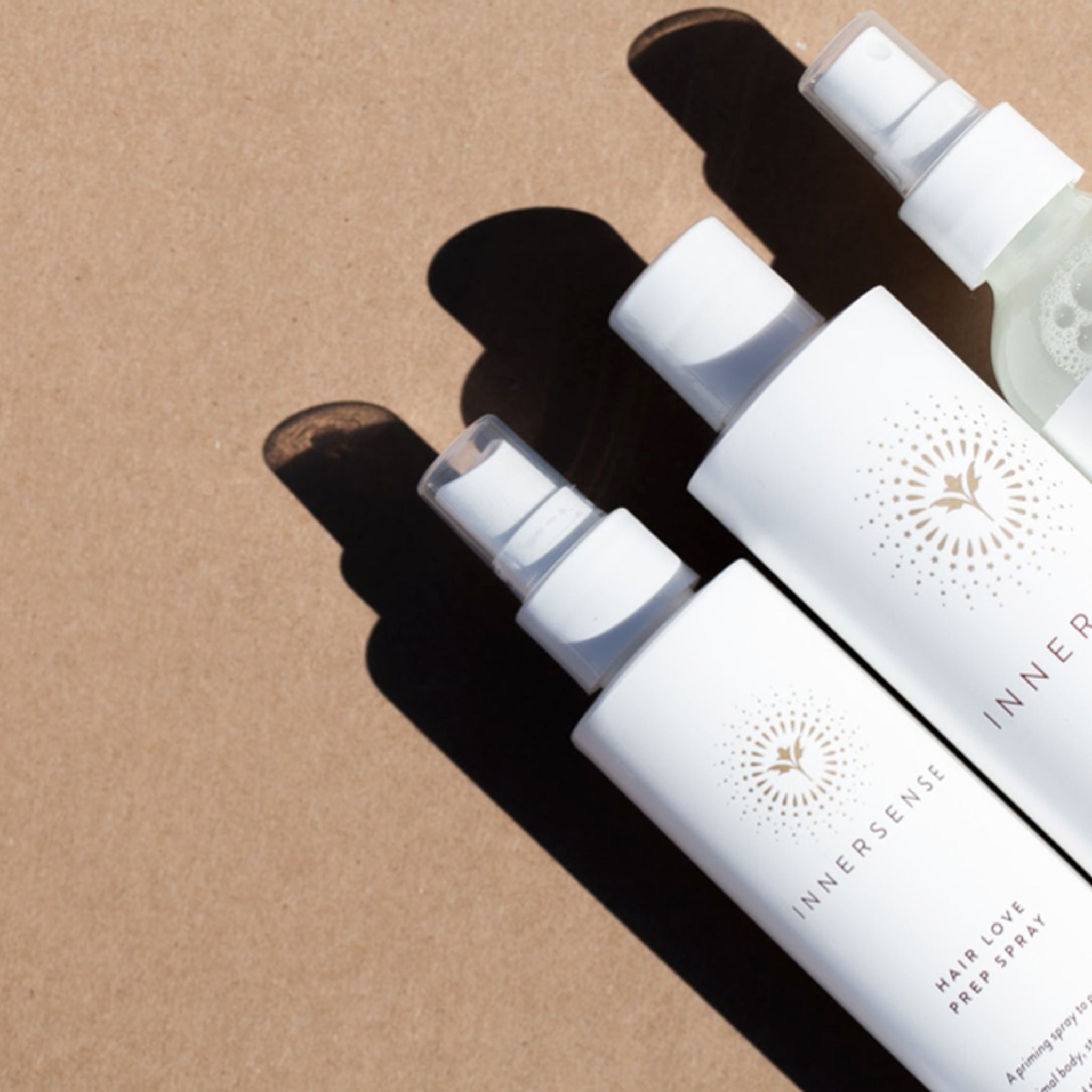Ingredients To Know: Squalane

Okay- we don't know about you, but Squalane has been popping up all over our Instagram feeds & we figured it's time to share some insight on this trending topic. While this naturally occurring ingredient isn't new, the recent hype around it sure is, so we're here to demystify this plant-based compound and help you decide if it's right for you and why.
First and foremost, it's important to know that Squalane, the ingredient you will find on the labels of your beauty products, comes from Squalene (with an e)-- an organic lipid that our bodies naturally produce to hydrate & protect the skin. Squalene is actually on the surface of your skin right now & makes up about 13% of human sebum.(1) Squalene also naturally occurs in a variety of plants, including olives, rice & wheat bran, amaranth oils, sugar cane, and yeast. It can also be produced via biotechnology from the yeast Saccharomyces cerevisiae, where it's often referred to as sugar derived. (2)
Another rich source of Squalene is shark liver. Yes, sharks-- however, none of the brands we carry utilize sharks for their Squalane, so you can rest assured knowing you are in safe hands when you shop our curated selections (as always). But, if you do venture out to buy a product that contains Squalane, please do your due diligence to ensure that it is derived from a 100% plant-based source. We suggest that you always do your research and be mindful of your product consumption, as sharks are crucial creatures to Mother Earth. We have listed a few resources you can visit to further explore how you can stay informed and potentially do your part to assist in retaining harmony in our delicate ecosystem that we call home.
Similar to collagen, the amount of Squalene that our skin naturally produces declines as we age-- hence the importance of refortifying our skin with this compound… but how? This is where Squalane (with an a) comes into play. This almost identical substance, derived from the above mentioned plant sources, goes through a process called hydrolyzation, which transforms the naturally unsaturated lipid to a saturated lipid, making Squalane the more shelf-stable version of the naturally occurring Squalene. The process of hydrolyzation eliminates the double hydrocarbon bond which makes Squalane less susceptible to oxidation. It is also odorless and has a longer efficacy, so it is more commonly used in personal care products than Squalene. (2)
The process of stabilizing naturally occurring Squalene and turning it into Squalane was implemented in the early 90s. So for over two decades now, beauty brands have been utilizing it as an excellent hydrating & moisturizing ingredient. Due to the fact that Squalene is naturally produced by our bodies, our skin has no issue recognizing the ingredient, making it easy for the body to utilize & seal hydration into the skin. The skin drinks it up, absorbing it immediately on contact & instantly locking in moisture, leaving it plump & full. Not only is Squalane super gentle & lightweight to the touch, but it is non-greasy, non-irritating and perfect for those with sensitive skin. Overall, the main benefit of this ingredient is that it's an exceptional hydrator.
In addition to restoring skin to it's supple, ideal state via moisture retention, it boasts a variety of other benefits, including neutralizing UVA & UVB damage. As an oil-soluble antioxidant it protects the skin's natural oils from a process called lipid peroxidation. Lipid peroxidation is a chain of reactions that occur when free radicals “steal” electrons from lipids in the cell membranes, resulting in cell damage. (3) The damage occurs deep in the skin's barrier where sebum originates, thus playing a role in inflammation. This process alters the skin's oil composition, resulting in blemishes and acne. Squalane helps protect the skin from this harmful process by repairing the skin's barrier over time and causing less damage to our pores.
So, who benefits from this? Who is this ingredient a good fit for? Anyone with skin concerns that are due in part to having a damaged skin barrier. This includes those experiencing dull & dehydrated skin, acne, irritated & sensitive skin, as well as those on a preventative aging journey. The bottom line- Squalane is a great option for just about anyone looking to keep their skin protected & hydrated.
Now, if you're not yet convinced to give Squalane a try, we do understand. It's not THE most groundbreaking ingredient we've ever come across, but we are here to give you the technical details in a digestible way to help you make your own intuitive beauty decisions. Do we approve of it? Absolutely. Do we carry products that include 100% vegan Squalane? We certainly do. Do we recommend it? Yes, we do. It is a safe, nourishing way to seal moisture into the skin, repair the skin's vital barrier, and has little to no history of causing any type of irritation or damage.
So, if you do decide to add squalane to your routine... here is a curated selection of products that contain Squalane that we love, adore & use to hydrate, repair, and keep us feeling plump, supple, and hydrated…











